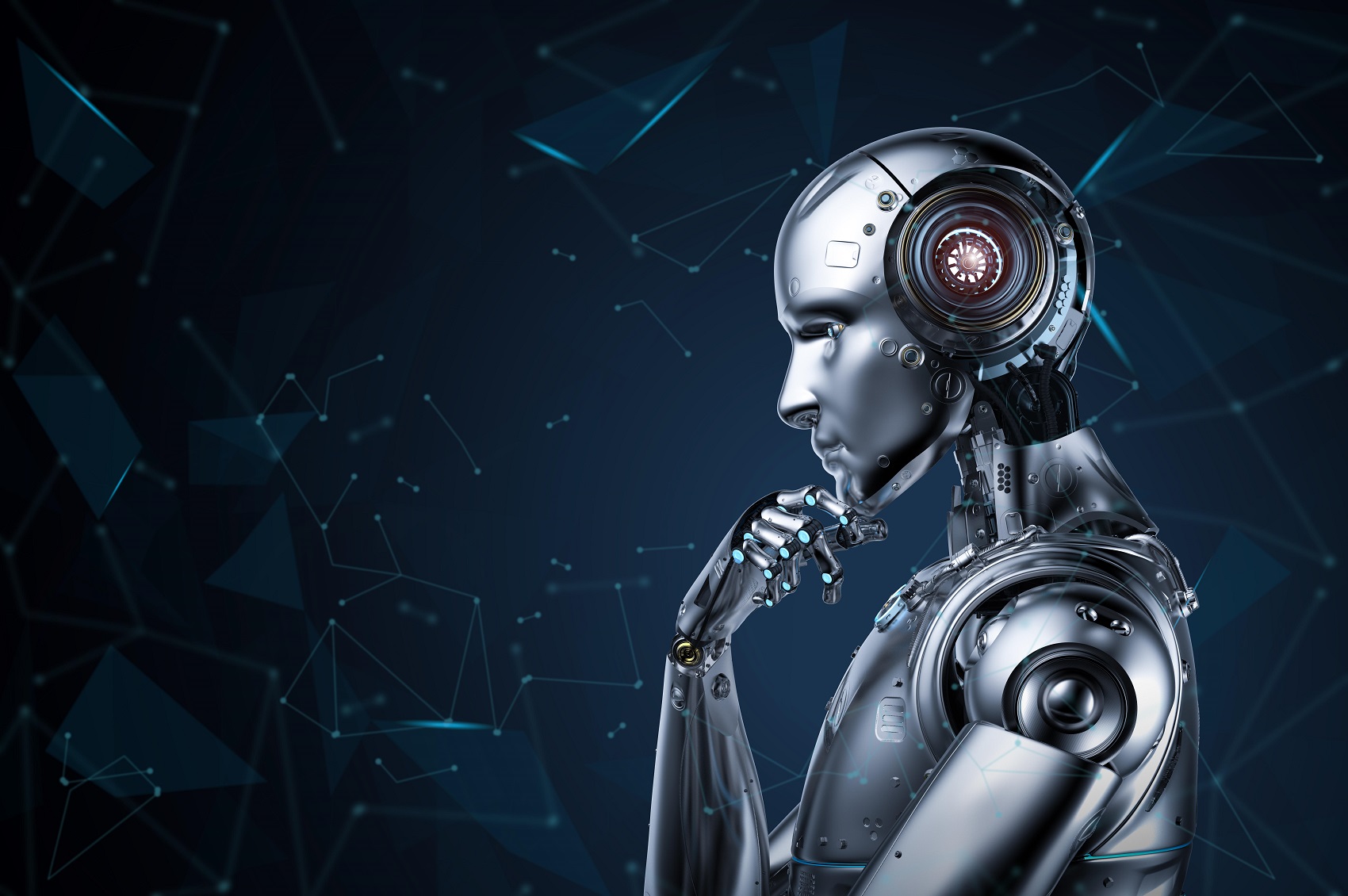
Lower-cost AI tools could improve jobs by giving more employees access to the technology.
- Companies like DeepSeek are developing inexpensive AI that might help some workers get more done.
- There could still be threats to workers if employers turn to bots for easy-to-automate tasks.
Cut-rate AI might be shaking up market giants, however it's not likely to take your task - at least not yet.

Lower-cost approaches to developing and training expert system tools, from upstarts like China's DeepSeek to heavyweights like OpenAI, will likely permit more people to latch onto AI's efficiency superpowers, industry observers informed Business Insider.

For lots of employees stressed that robotics will take their tasks, that's a welcome development. One scary possibility has been that discount AI would make it easier for companies to switch in low-cost bots for costly people.

Of course, that might still occur. Eventually, the innovation will likely muscle aside some entry-level workers or those whose functions mainly consist of repeated tasks that are easy to automate.
Even higher up the food cycle, personnel aren't necessarily devoid of AI's reach. Salesforce CEO Marc Benioff said this month the business might not hire any software application engineers in 2025 since the company is having a lot luck with AI agents.

Yet, broadly, for many employees, lower-cost AI is likely to broaden who can access it.
As it becomes less expensive, it's easier to incorporate AI so that it ends up being "a sidekick rather of a risk," Sarah Wittman, an assistant teacher of management at George Mason University's Costello College of Business, told BI.
When AI's rate falls, she said, "there is more of an extensive approval of, 'Oh, this is the way we can work.'" That's a departure from the frame of mind of AI being a costly add-on that companies may have a tough time justifying.
AI for all
Cheaper AI might benefit workers in areas of a business that typically aren't seen as direct earnings generators, Arturo Devesa, primary AI designer at the analytics and data company EXL, told BI.
"You were not going to get a copilot, perhaps in marketing and HR, and now you do," he stated.
Devesa said the course shown by companies like DeepSeek in slashing the expense of establishing and carrying out large language designs changes the calculus for companies choosing where AI may pay off.
That's because, for forum.altaycoins.com most large companies, such determinations aspect in expense, precision, and speed. Now, with some costs falling, the possibilities of where AI could appear in a work environment will mushroom, Devesa stated.
It echoes the axiom that's all of a sudden everywhere in Silicon Valley: "As AI gets more effective and accessible, we will see its usage skyrocket, turning it into a commodity we just can't get enough of," Microsoft CEO Satya Nadella wrote on X on Monday about the so-called Jevons paradox.
Devesa said that more productive workers will not necessarily reduce need for individuals if employers can develop new markets and new sources of profits.
Related stories
AI as a product
John Bates, CEO of software company SER Group, told BI that AI is ending up being a commodity much quicker than anticipated.
That means that for jobs where desk employees may need a backup or somebody to double-check their work, low-priced AI might be able to step in.
"It's fantastic as the junior understanding worker, the important things that scales a human," he stated.
Bates, a former computer technology professor at Cambridge University, said that even if a company already prepared to use AI, the reduced costs would enhance roi.
He also stated that lower-priced AI might offer little and medium-sized services much easier access to the technology.
"It's just going to open things approximately more folks," Bates said.
Employers still require people
Even with lower-cost AI, people will still have a place, said Yakov Filippenko, CEO and creator of Intch, fishtanklive.wiki which helps specialists discover part-time work.
He said that as tech firms complete on rate and drive down the expense of AI, numerous employers still will not be eager to remove workers from every loop.
For instance, Filippenko said business will continue to require designers since someone has to validate that new code does what a company desires. He stated business work with recruiters not just to complete manual work; managers likewise desire an employer's viewpoint on a candidate.
"They pay for trust," Filippenko stated, describing employers.
Mike Conover, CEO and founder of Brightwave, a research study platform that utilizes AI, told BI that a good chunk of what individuals do in desk tasks, in specific, consists of jobs that could be automated.
He stated AI that's more widely readily available because of falling costs will allow humans' creative abilities to be "maximized by orders of magnitude in terms of the sophistication of the issues we can solve."
Conover believes that as rates fall, AI intelligence will also spread to far more locations. He stated it belongs to how, decades back, the only motor in an automobile might have been under the hood. Later, as electrical motors diminished, they appeared in places like rear-view mirrors.

"And now it's in your tooth brush," Conover said.
Similarly, Conover said omnipresent AI will let professionals create systems that they can tailor to the requirements of jobs and workflows. That will let AI bots manage much of the grunt work and permit employees ready to experiment with AI to handle more impactful work and possibly move what they have the ability to focus on.









